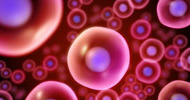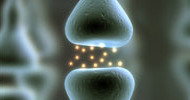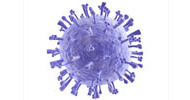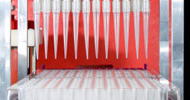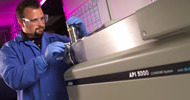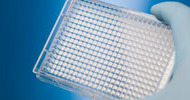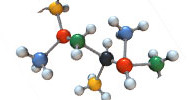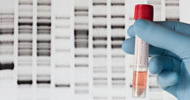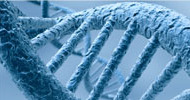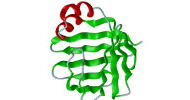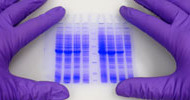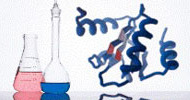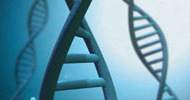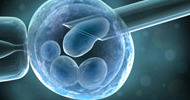Description
A new white paper, available from AMSBIO, discusses the latest developments in extracellular matrix (ECM) and the opportunities they offer in cancer research.At least 80% of cancers are carcinomas, or tumours of the epithelia. Traditionally, cell transformation to a cancerous stage has been evaluated by anchorage dependent growth. More recently, the role of the extracellular matrix, already established in normal epithelial biology, has come to the fore in the study of carcinomas.
The extracellular matrix is largely composed of several protein families, notably laminins, collagens and fibronectin. AMSBIO's new white paper focuses on ECM proteins most relevant to cancer research and their use in the oncology field.
The authors describe self organisation models with particular focus on the use of reconstituted basement membrane to study normal and abnormal epithelial behaviour. The broader application of ECM substrates is explored in studying motility, in the context of adhesion, migration and invasion assays. Additional use of ECM products in vivo is discussed as a method to enhance the use of animal models. Finally, possible alternatives to native ECM such as plastics and bio-mimetics are explored. The challenges and opportunities in translating cancer cell line work to primary cells and tissues are discussed.














